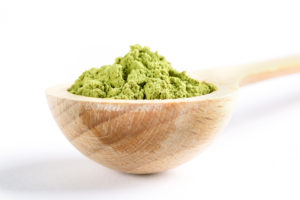
It can leave you feeling powerless.
When an enlarged prostate is controlling your life, using any means necessary to manage its inconvenience is all you can do.
A bowl of grapes and a glass of red wine may help.
Polyphenols are a type of plant compound found in red wine, apples, grapes, and countless other plant-based foods. There is evidence to suggest that they can suppress benign prostatic hyperplasia, or BPH, and inhibit enzymes that may enhance symptoms.
A “healthy diet” that limits inflammation is generally recommended to help control the symptoms associated with an enlarged prostate. But paying extra attention to polyphenol intake may take your efforts even further.
Unlike other nutrients, there is no recommended daily intake for polyphenols. Further, there is a diverse array of polyphenols that may help your prostate troubles—these are found in a variety of foods.
Some of those foods include red wine, strawberries, apples, grapes, green tea, broccoli, onions, tomatoes, green tea, peanuts, flaxseed, and fava beans. Including more of these foods into your diet may help relieve the urge to find a bathroom.
But you’ve got to be smart about it. If you’re struggling to stay in bed, holding off on the evening glass of wine is probably recommended. But having a glass earlier in the day could pay dividends.
Of course, red wine isn’t necessary. There are plenty of other ways to get helpful polyphenols in your diet. To fit them in, however, may require some changes to how you eat.
Snacking on apples and peanut butter, or having salads and side dishes with the foods above can all help you boost the consumption of polyphenols each day.
Lycopene, a polyphenol found in high amounts in tomato and tomato sauce, was found to be safe and effective for promoting and supporting prostate health. The study participants supplemented with roughly 15 mg per day for six months.
Eating more fruits and vegetables—particularly polyphenols—could help you manage symptoms associated with a swollen prostate. Adding these foods to your diet is safe, healthy, and could improve your quality of life.